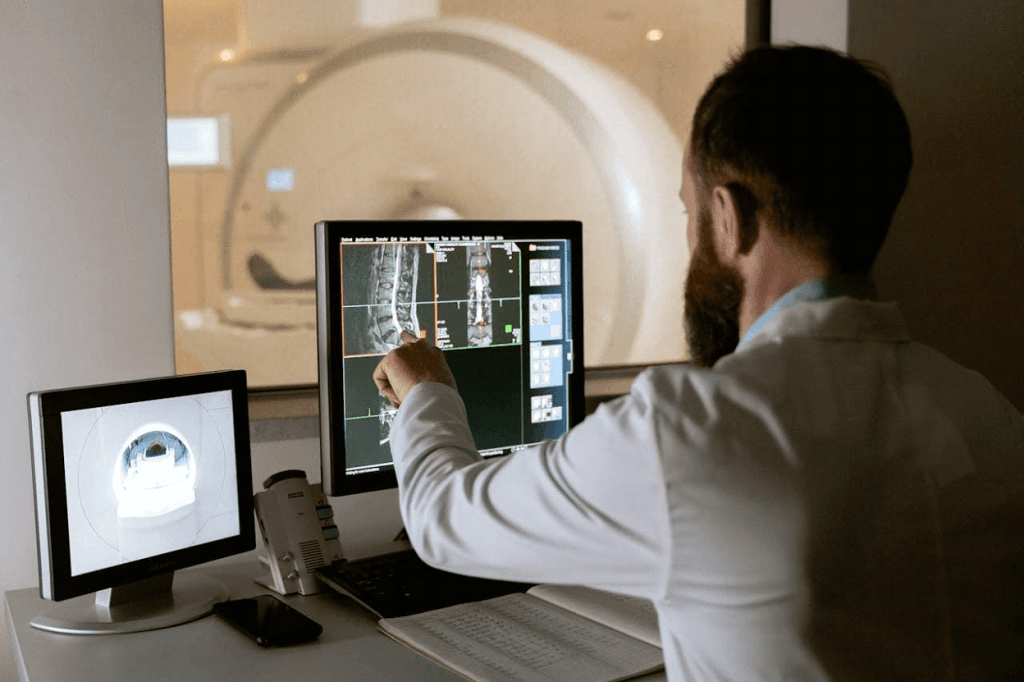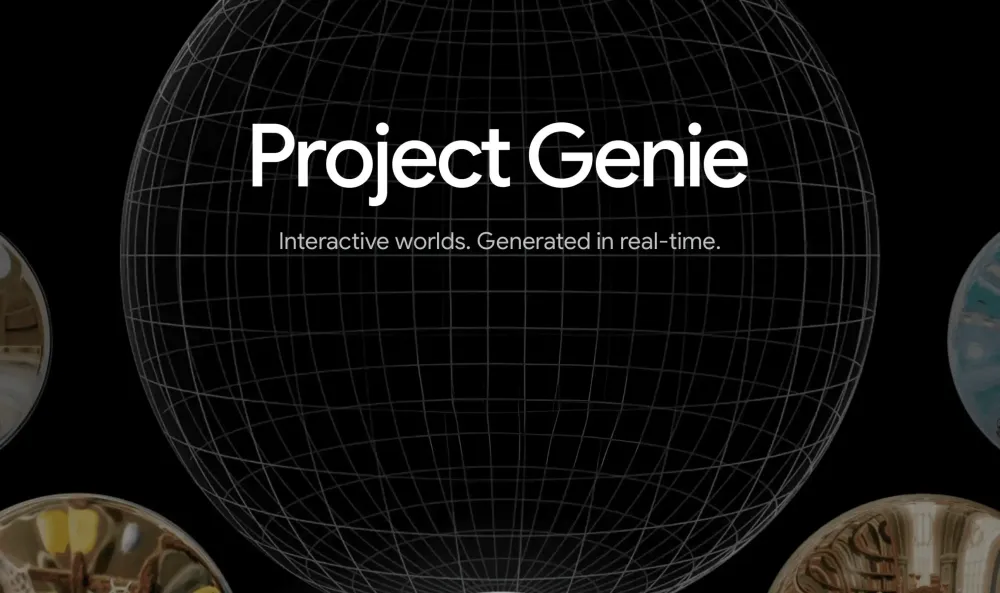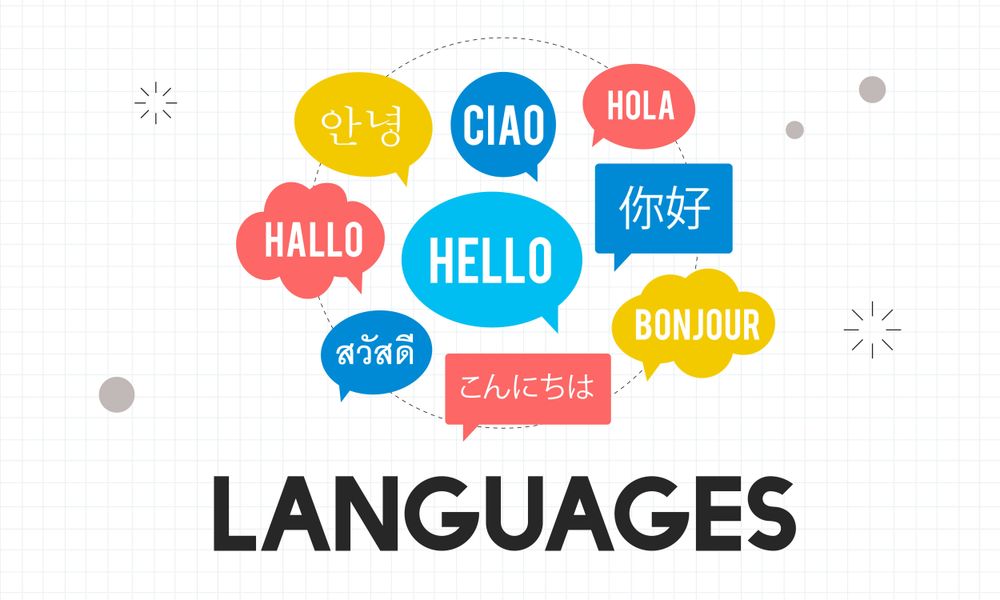
The healthcare revolution is here, and at its heart lies a game-changer: artificial intelligence (AI). This isn’t just the next buzzword in technology; it’s a powerful force reshaping how we understand, deliver, and experience medical care. With AI, the boundaries of possibility in healthcare are expanding at an unprecedented pace.
Picture this: AI algorithms poring over vast oceans of medical data in seconds, uncovering insights that would take humans years to discern. A world where personalized treatment plans are crafted with pinpoint accuracy, and life-threatening conditions are predicted before symptoms even appear. This is the remarkable reality that is unfolding right now in the field of medicine.
As healthcare systems strain under mounting pressures of rising demands and resource constraints, AI emerges as a lifeline. It holds the potential to revolutionize diagnostics, streamline operations, and empower clinicians to provide unparalleled care. Yet, as with any groundbreaking technology, this revolution comes with its own set of challenges and ethical dilemmas.
In this article, we’ll dive into the transformative power of AI in healthcare—exploring its groundbreaking applications, addressing its challenges, and examining the delicate balance between innovation and responsibility. Join us as we unravel how AI is not just augmenting healthcare—it’s rewriting its very DNA.
6 Current Applications of AI in Healthcare

With its ability to process and analyze complex data at lightning speed, AI is revolutionizing diagnostics, predicting health outcomes, and tailoring treatments like never before. Below, we explore how AI is driving innovation across key areas of patient care.
- Diagnostic Support
AI is detecting diseases with the accuracy of an expert, and sometimes even better–doing exactly that, particularly in diagnostic imaging. Advanced machine learning algorithms now analyze medical images to identify conditions with remarkable precision. Whether it’s detecting pneumonia from chest X-rays or classifying skin lesions from dermatological images, AI is setting new benchmarks for diagnostic excellence.
Beyond imaging, AI assists in treatment planning. For example, it automates image segmentation for radiotherapy, enabling precise targeting of cancerous tissues while sparing healthy cells. By reducing human error and accelerating the diagnostic process, AI is becoming an indispensable partner for clinicians in time-sensitive and high-stakes situations.
- Predictive Analytics
AI’s predictive prowess is truly advancing the industry. By sifting through mountains of data—from electronic health records (EHRs) to genetic profiles—AI identifies patterns and predicts potential health issues with remarkable accuracy.
This capability enables earlier interventions that can change the trajectory of a patient’s health. For example, predictive models powered by AI can flag patients at high risk for sepsis or heart failure, prompting timely and targeted care. Beyond individual outcomes, predictive analytics is transforming healthcare systems, allowing providers to anticipate demand, allocate resources effectively, and optimize population health management.
What’s more, AI adapts and refines its predictions over time, ensuring healthcare providers are always working with the most up-to-date assessments. This dynamic capability transforms reactive care into proactive prevention, setting a new standard for patient management.
- Drug Discovery and Development
AI is slashing the time and cost required to bring new therapies to market. Traditional methods often take over a decade, but AI accelerates this timeline by analyzing vast chemical databases and predicting molecular interactions with unmatched efficiency. For instance, Insilico Medicine used AI to design a novel drug for idiopathic pulmonary fibrosis in just 18 months—a groundbreaking achievement.
AI’s impact extends beyond discovery. It optimizes target identification, preclinical research, and even drug repurposing, uncovering new uses for existing medications. Predictive modeling ensures researchers focus on the most promising candidates, increasing success rates in clinical trials.
- Personalized Medicine
Every patient is unique, and AI is making personalized medicine a reality. By analyzing genetic profiles, lifestyle choices, and medical histories, AI crafts individualized treatment plans that optimize outcomes. From tailoring cancer therapies to customizing surgical procedures, this level of precision ensures each patient receives care designed specifically for them.
AI is also accelerating drug discovery, sifting through vast biological datasets to identify potential treatments more efficiently. This not only speeds up development but also ensures therapies are highly targeted, benefiting patient populations with specific genetic markers.
- Virtual Assistants and Chatbots
AI-driven virtual assistants and chatbots are transforming how patients engage with healthcare. These tools provide instant symptom assessments and recommendations, bridging the gap between patients and providers. Plenty of platforms now use AI to guide users through initial evaluations, offering reassurance or directing them to professional care when needed.
When paired with wearable devices, these tools enable continuous health monitoring, delivering insights that can prevent minor issues from escalating into major problems. This real-time interaction enhances both patient experience and care outcomes.
- Remote Care
The pandemic may have accelerated telemedicine’s adoption, but AI is the force taking it to new heights. Virtual healthcare visits are now powered by machine learning, where doctors can diagnose and treat patients faster and with greater precision. AI-enabled telemedicine platforms are revolutionizing accessibility, reducing barriers to care, and ensuring that even the most remote communities receive top-tier medical support.
These platforms don’t just facilitate doctor-patient interactions; they enhance them. AI analyzes patient data in real-time, offering clinicians actionable insights that lead to faster and more accurate decisions. By automating tasks like appointment scheduling and follow-up reminders, these systems allow doctors to focus on what they do best—caring for patients. The result? A healthcare experience that is not only more efficient but also deeply patient-centered.
3 Challenges of AI in Healthcare

While AI holds transformative potential in healthcare, several challenges must be addressed to ensure its ethical and effective implementation:
- Data Privacy and Security
AI relies on analyzing large volumes of sensitive patient data, which raises significant concerns about how this information is stored, shared, and protected. Without robust security measures, patient confidentiality could be compromised, eroding trust in AI systems. Compliance with regulations like HIPAA in the U.S. or GDPR in the EU is essential to safeguard data integrity and maintain patient confidence in these technologies.
- Transparency and Explainability
Many AI systems function as "black boxes," producing outputs without offering clear insights into how decisions are reached. This opacity can make it difficult for healthcare providers to trust AI-generated recommendations, especially in critical medical situations. Furthermore, biases in AI training datasets can lead to disparities in care, disproportionately affecting underrepresented populations. Addressing these issues requires both greater algorithmic transparency and the inclusion of diverse, representative data.
- Regulatory Hurdles
The regulatory landscape for AI in healthcare remains complex and underdeveloped, with no universally accepted standards for validating and approving AI-driven tools. Agencies like the FDA and EMA are still developing frameworks to assess the safety and efficacy of these technologies, leading to delays in adoption. Companies may be reluctant to invest in AI solutions without clear guidance, further hampering innovation. Regulators also face the challenge of interpreting AI algorithms to ensure they meet safety and ethical standards.
Confidently Navigate AI in Healthcare

Artificial intelligence in healthcare marks a transformative shift in how we approach patient care, diagnostics, and treatment innovation. From enhancing diagnostic precision and personalizing medicine to expediting drug discovery and advancing remote monitoring, it is reshaping the industry with remarkable promise.
As explored, AI’s current applications are already driving meaningful change, and emerging trends signal even greater possibilities ahead. Yet, alongside these advancements come ethical and regulatory challenges. Data privacy, algorithm transparency, and compliance must be prioritized to ensure AI's integration is both responsible and equitable
As stakeholders in the healthcare ecosystem—whether you are a provider, researcher, or patient—consider how you can engage with and support the responsible integration of AI innovations. By fostering collaboration across technologists, clinicians, and regulators, we can unlock AI’s potential to revolutionize healthcare while safeguarding ethical standards. The future of healthcare is undeniably bright with AI, and together, we can navigate its challenges to create a healthier, more equitable world.





